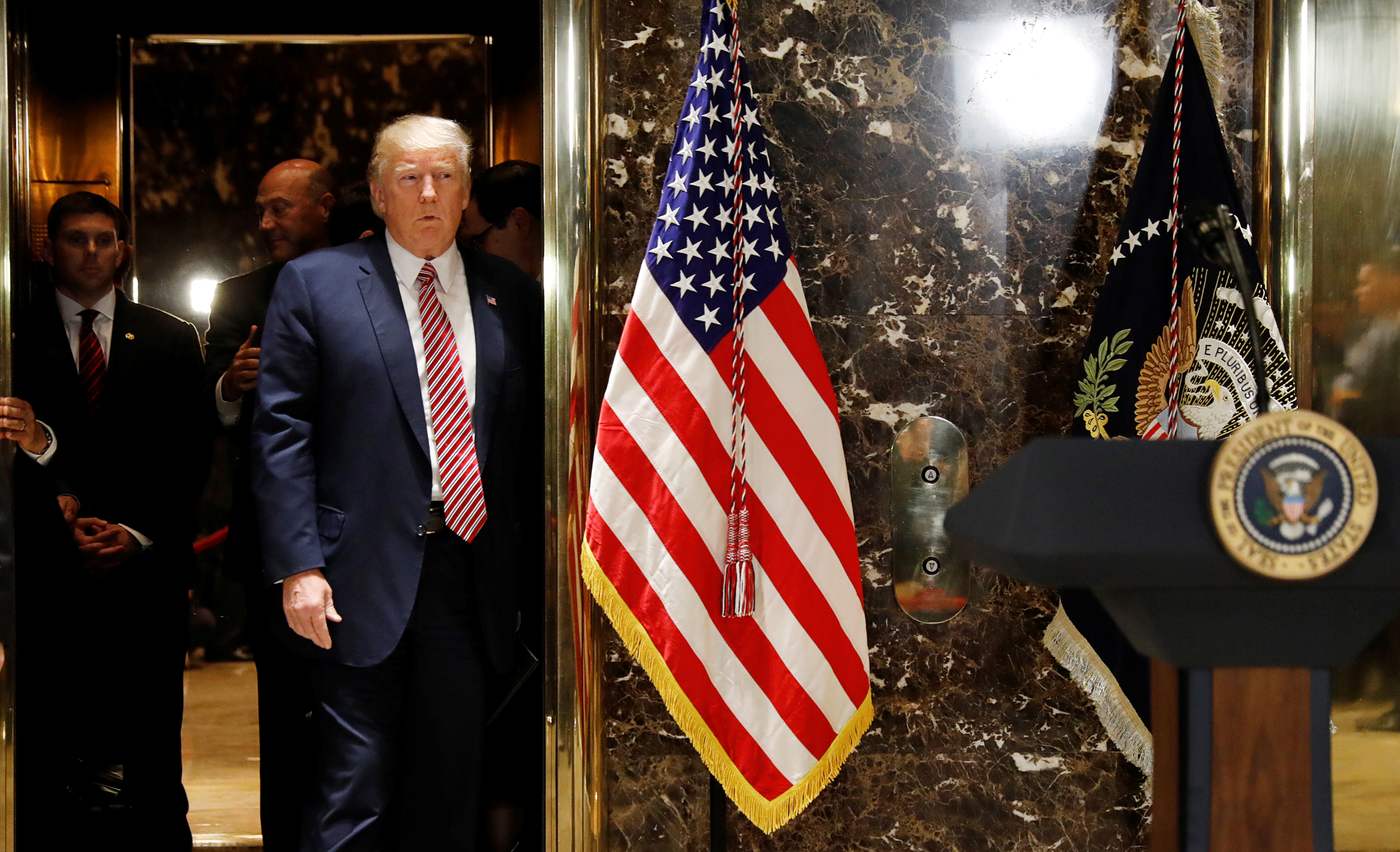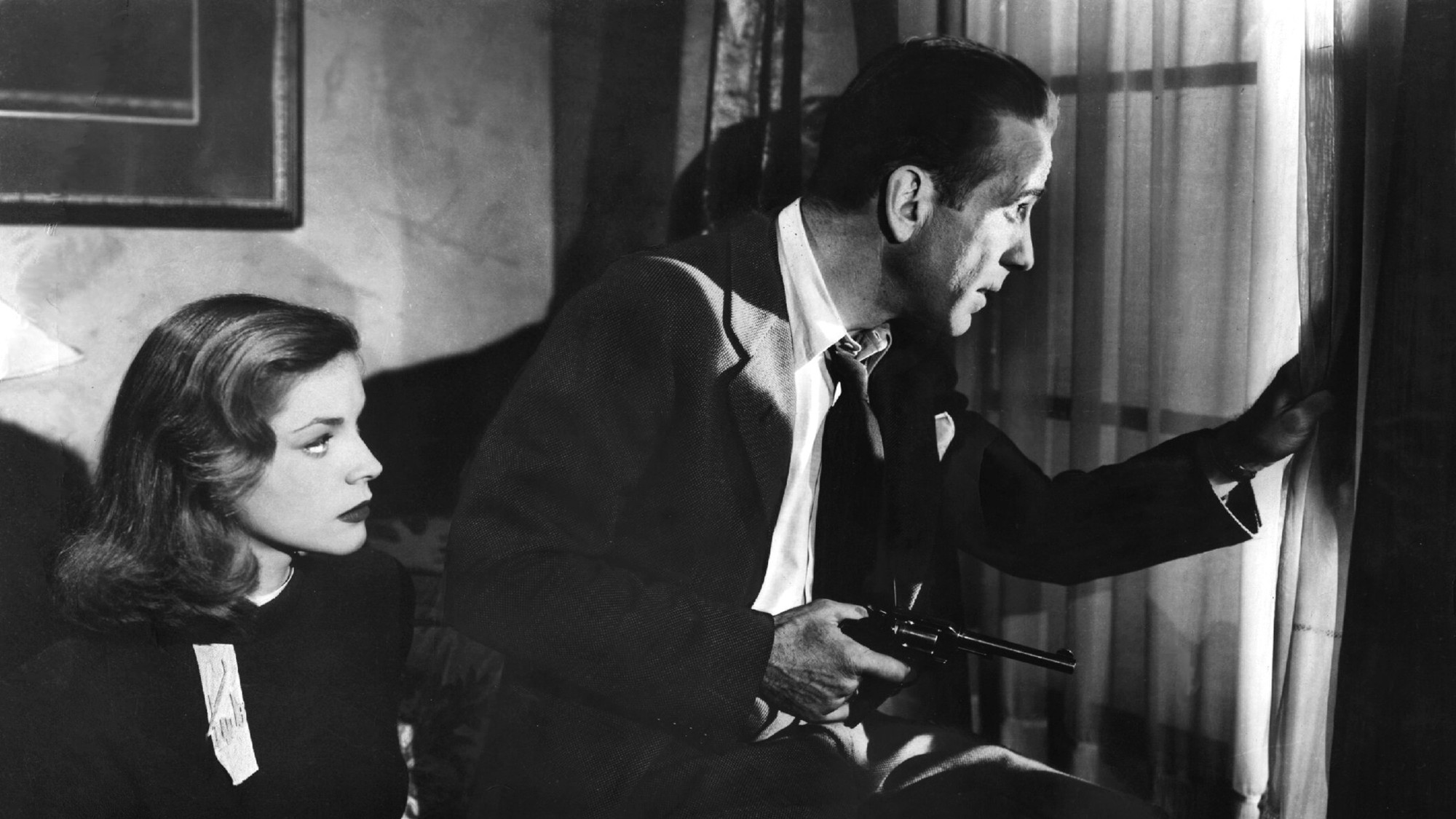Trump's defense of white supremacists is really a defense of himself
Why the president needs to believe "fine people" can ally with neo-Nazis


President Trump self-immolated yesterday while sticking up for those marching alongside the violent racists in Charlottesville, Virginia. Among several jaw-dropping claims, Trump argued that there were many "fine people" marching with the far-right hate groups that converged upon Charlottesville this weekend. "You had many people in that group other than neo-Nazis and white nationalists," he said. "And the press has treated them absolutely unfairly."
Trump's defense of these supposed fellow travelers of white supremacy is galling and abysmal. But when viewed through the president's ongoing psychodrama, it makes a good deal of sense. By insisting that it's possible to maintain one's moral innocence while cruising with haters and bigots, Trump is implicitly defending himself.
Let's be clear: Trump's unfairly impugned "fine people" are a figment of his imagination. He explicitly pointed to the rally "the night before" where "people protest[ed] very quietly the taking down the statue of Robert E. Lee." That's the torch march where protestors chanted "Jews will not replace us" and Nazi slogans in a show of white power through the streets of Charlottesville, pretextually fighting to preserve a commemoration of the military head of a breakaway slave confederacy. Trump is either excusing some of these marchers as good ol' boys, or else concocting something that wasn't there.
Subscribe to The Week
Escape your echo chamber. Get the facts behind the news, plus analysis from multiple perspectives.

Sign up for The Week's Free Newsletters
From our morning news briefing to a weekly Good News Newsletter, get the best of The Week delivered directly to your inbox.
From our morning news briefing to a weekly Good News Newsletter, get the best of The Week delivered directly to your inbox.
At a deep level, Trump needs to believe that you can cavort with racists without becoming one yourself. After all, Trump built his political brand by stoking white resentment and racial paranoia. Beginning in 2011, Trump began propagating the baseless race-baiting conspiracy theory that President Obama was not born in the United States, cultivating a base of support among those predisposed to believing that our first black president was foreign and un-American.
But Trump's reckless racial politics began much earlier. In 1989, he took out full-page ads in four New York City newspapers calling for the death penalty for five black and Latino teenagers accused of raping a white woman in Central Park. All five were convicted and sentenced to prison. Yet in 2002, the so-called Central Park Five were exonerated based on exculpatory DNA evidence, and a confession from a serial rapist. Amazingly, Trump still maintained their guilt while campaigning for the presidency last year, saying, "The fact that that case was settled with so much evidence against them is outrageous."
Trump's presidential campaign was steeped in bigotry from the start. He infamously launched his campaign by accusing Mexico of sending drug-peddlers, criminals, and rapists across the southern border. After proposing to construct a border wall to keep out said "bad hombres," Trump accused a Mexican-American federal judge of being unable to rule fairly in a suit brought against Trump University. Following the terror attack in San Bernardino, California, Trump demanded a "total and complete shutdown" on Muslims entering the United States. He played coy with the Ku Klux Klan, taking his sweet time before disavowing David Duke's endorsement of his campaign. And imagining hopeless inner city war zones, Trump courted the African-American community by asking, "What the hell do you have to lose?"
These explicit racial appeals were Trump's distinguishing feature in a crowded Republican field. By hyper-activating racial grievance and white victimhood, he believed he could turn out forgotten white voters who had given up on American politics. Trump cultivated — and incited — those voters who could be stoked into an impassioned rage by "law and order" dog-whistles and bullhorns against immigrants and Black Lives Matter. And as his campaign lagged in the summer of 2016, Trump doubled down by hiring Steve Bannon as his campaign chairman, who as the head of Breitbart had vowed to make the website "the platform for the alt-right."
White identity politics and xenophobia have been central to Trump's political rise. That's why he's so resistant to singling out the white nationalists in Charlottesville for condemnation. He even sympathized with a core grievance of the white nationalists, bemoaning that by removing Confederate statutes, "You are changing history, you're changing culture." After all, you've gotta dance with the one who brought you.
Yet despite all evidence to the contrary, Trump vigorously maintains his own racial innocence. He has called himself "the least racist person." To rationalize the incredible cognitive dissonance between that sentiment and the totality of Trump's career, one would have to believe that it's possible to exploit racial grievance without becoming a bigot. That is, Trump must believe that he can continually dip into the septic waters of xenophobia and racism while still coming out clean.
That's why it's so important for him to insist that there really were "fine people" holding torches at Robert E. Lee's statue in Emancipation Park. He sees himself as one of those "fine people" — "the least racist person" — who incidentally happens to find himself bonded to racists and white nationalists far and wide.
The best case for Trump is that he's just a con artist with no moral compass or core principles whatsoever — that his heinous race-baiting is one long bit in a multi-decade showman act meant to connect with a certain kind of disaffected American. Maybe it's all just a façade. But if you wear the hood long enough, at some point it stops being a façade and becomes who you are.
A free daily email with the biggest news stories of the day – and the best features from TheWeek.com
Joel Dodge writes about politics, law, and domestic policy for The Week and at his blog. He is a member of the Boston University School of Law's class of 2014.
-
 Real-life couples creating real-deal sparks in the best movies to star IRL partners
Real-life couples creating real-deal sparks in the best movies to star IRL partnersThe Week Recommends The chemistry between off-screen items can work wonders
-
 Is China's giant new hydropower dam a 'water bomb' aimed at India?
Is China's giant new hydropower dam a 'water bomb' aimed at India?Today's Big Question River is a 'lifeline for millions' across Asia
-
 Aysegul Savas' 6 favorite books for readers who love immersive settings
Aysegul Savas' 6 favorite books for readers who love immersive settingsFeature The Paris-based Turkish author recommends works by Hiromi Kawakami, Virginia Woolf, and more
-
 The last words and final moments of 40 presidents
The last words and final moments of 40 presidentsThe Explainer Some are eloquent quotes worthy of the holders of the highest office in the nation, and others... aren't
-
 The JFK files: the truth at last?
The JFK files: the truth at last?In The Spotlight More than 64,000 previously classified documents relating the 1963 assassination of John F. Kennedy have been released by the Trump administration
-
 'Seriously, not literally': how should the world take Donald Trump?
'Seriously, not literally': how should the world take Donald Trump?Today's big question White House rhetoric and reality look likely to become increasingly blurred
-
 Will Trump's 'madman' strategy pay off?
Will Trump's 'madman' strategy pay off?Today's Big Question Incoming US president likes to seem unpredictable but, this time round, world leaders could be wise to his playbook
-
 Democrats vs. Republicans: which party are the billionaires backing?
Democrats vs. Republicans: which party are the billionaires backing?The Explainer Younger tech titans join 'boys' club throwing money and support' behind President Trump, while older plutocrats quietly rebuke new administration
-
 US election: where things stand with one week to go
US election: where things stand with one week to goThe Explainer Harris' lead in the polls has been narrowing in Trump's favour, but her campaign remains 'cautiously optimistic'
-
 Is Trump okay?
Is Trump okay?Today's Big Question Former president's mental fitness and alleged cognitive decline firmly back in the spotlight after 'bizarre' town hall event
-
 The life and times of Kamala Harris
The life and times of Kamala HarrisThe Explainer The vice-president is narrowly leading the race to become the next US president. How did she get to where she is now?
